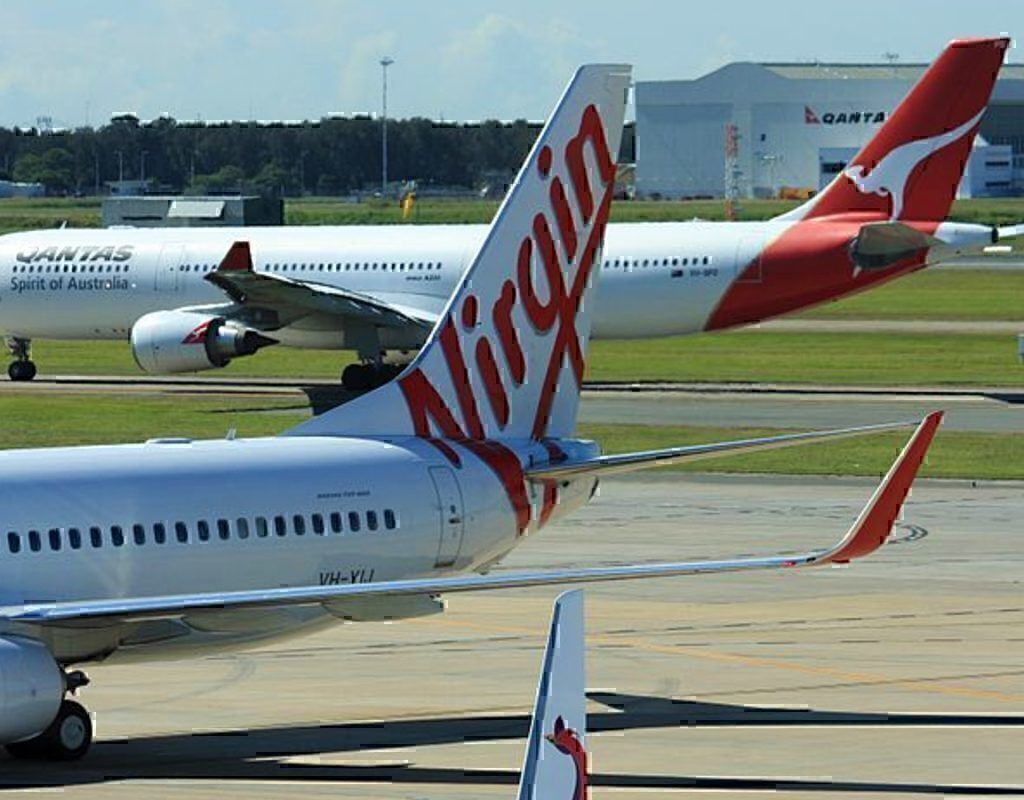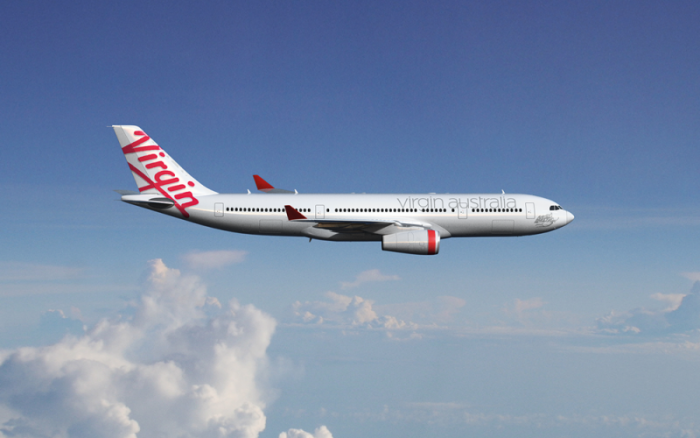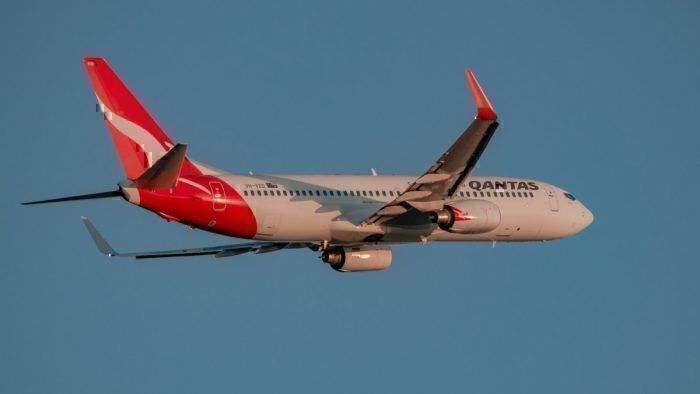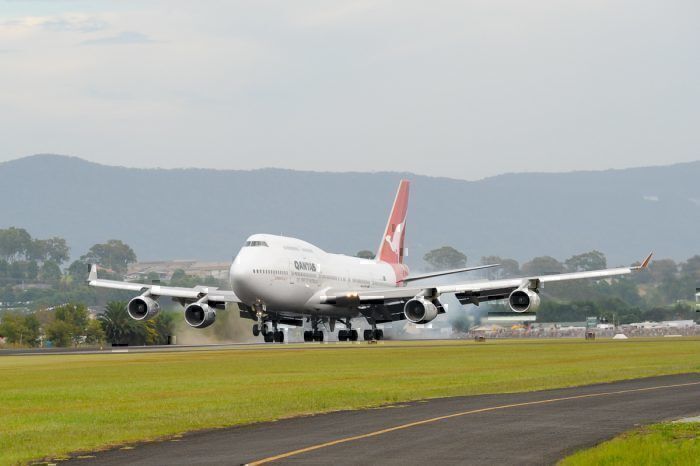The fiercely contested battle for Australian carrier slots at Haneda Airport is hotting up. Two valuable daytime slot pairs are up for grabs by Australian carriers. Virgin Australia would like one. Qantas wants them both. Virgin Australia's bid has considerable local support but Qantas is having none of it. With a decision on who gets what due at the end of October, Qantas is saying Virgin Australia lacks the infrastructure and financial resources to fly to Japan.
A snapshot of the situation
Virgin Australia wants to commence flying a daily A330-200 service between Brisbane and Haneda on March 29, 2020. When Simple Flying asked Virgin Australia about this they said;
“We have identified a number of options to utilize our A330 aircraft and we’ll provide more details if our application is successful.”
Qantas wants both slot pairs. It wants to operate a second daily Sydney-Haneda-Sydney service. The current service flies overnight. This would be a daytime alternative. They also want to switch their daily Melbourne-Narita-Melbourne service to a Melbourne-Haneda-Melbourne service. Qantas has previously said;
“...allocation of the two additional Haneda frequencies to Qantas will ensure there is no risk of the capacity not being fully utilized in the required timeframe and would promote effective competition by Australian carriers on one of the country’s most mature but complex travel markets.”
Considerable backing for Virgin Australia
Virgin Australia’s application for a slot pair was a surprise, but fair play suggests the decision-making body, the International Air Services Commission (IASC), allocate each airline a slot pair.
The Australian Competition and Consumer Commission (ACCC) agrees. In their submission to the IASC, they argue allowing more airlines onto a route leads to greater competition and better outcomes for passengers. The ACCC believes Virgin Australia’s entry onto the Australia-Japan route would stimulate competition and force airlines to compete on either price or service.
The ACCC notes giving Virgin Australia a slot pair would still leave Qantas with a gain of one slot pair. The ACCC counsels the IASC to grant to slot pair to both airlines.
A report in the Sydney Morning Herald today, Friday, October 4, 2019, also has Tourism Australia supporting Virgin Australia, saying it would help reduce airfares on the route. In their submission to the IASC, Tourism Australia said;
“Our country and our tourism industry stand to benefit in many ways from the approval of the (Virgin Australia) proposal, which should increase capacity, add new flight and route options, enhance codeshare connectivity and lower airfares … we recommend the IASC approves Virgin Australia’s application for access to Haneda.”
Qantas is not pleased
If Qantas is underwhelmed by this show of support for Virgin Australia’s application, they are certainly not hiding it. Qantas responded to Virgin’s application to the IASC in a document that reads like a prosecutorial statement, condemning Virgin Australia of all number of possible sins.
Qantas states in an underlined and bold style that it is the only “no risk” option. Compared to Virgin, Qantas says it can deliver certainty and operational capacity. Qantas questions whether Virgin Australia can get the necessary licenses and permits in time, and whether it can use the full capacity allocated.
Qantas suggests Virgin Australia isn’t up to meeting its capacity allocation on “an ongoing and sustainable basis”, saying this is a critical factor.
Perhaps forgetting that people have memories, Qantas rather entertainingly says it has proven its “specific and ongoing commitment to the Japan route during both periods of growth and declining demand.” Passengers from Australian cities that have lost (and never had reinstated) Qantas services to Japan over the years may beg to differ with Qantas on that point.
Qantas also suggests that because Virgin Australia cites its example of flying to Hong Kong as evidence of its ability to fly into North Asia, that it shouldn’t count. Hong Kong is not Japan, says Qantas. It also says that international airlines that now fly into Haneda have “significant and prior experience of flying in Tokyo Narita Airport” - like it’s a prerequisite for flying into Haneda.
It reminds me of grown-ups indulging in schoolyard 'he said-she said' tactics.
A churlish unsportsmanlike attitude
Qantas rather churlishly suggests to the IASC that if Virgin Australia really wants to fly to Japan it could fly into an airport where there were no inter-country capacity restrictions (such as Narita). It could then deliver all its proclaimed benefits to potential passengers and leave Haneda to Qantas.
Qantas says Virgin’s statement that it will bring more capacity onto the Australia-Japan route is “factually inaccurate.” It argues that between their overnight 747-400 service to Haneda and their planned deployment of A330-300s onto the new flights, Qantas will add more capacity.
Qantas says their bigger planes will put an extra 16,000 seats onto the Australia-Japan route each year. This may well be true, but their 747-400s are scheduled for retirement by 2021 at the latest and that will make a big difference to the 16,000 number.
Qantas also has a go at Virgin Australia’s planned codeshare with ANA. It doesn’t mention their own codeshare arrangement with JAL.
Overall
While Virgin Australia is facing some problems and is undergoing a cost-cutting and route review program, its CEO Paul Scurrah is well regarded. The scuttlebutt coming out of Virgin HQ in Brisbane is that he is doing a good job. Unless they bring in additional aircraft (unlikely), operating the Brisbane-Haneda flights will mean pulling an A330-200 off another route (the Melbourne-Hong Kong route being the most likely candidate here).
It’s not necessarily ideal but the Qantas response to Virgin’s application is unedifying. Qantas has, you could argue, a sense of entitlement in this matter. Because it looks likely not to get everything its own way the airline is coming across as sulky and unsportsmanlike. It isn't really a stance that goes well with most people.
And Qantas gaining one slot pair at Haneda is better than gaining none at all.




